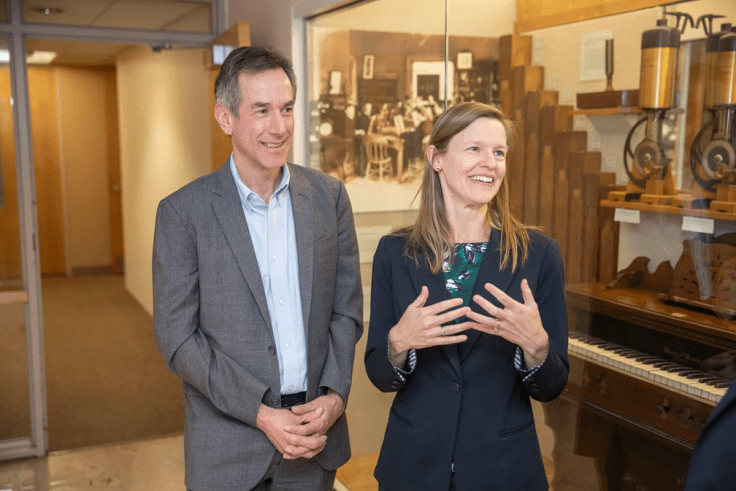Sleep
Sleep
The Harvard community explores this state of rest, its many benefits and functions, and what we can do to ensure that we’re getting enough of it.

The benefits of catching up on sleep
Most people are not getting enough sleep and the problems that result are apparent—and potentially serious. Harvard experts offer some tips on how to do better with getting enough rest.

Misinformation about sleep may keep you up at night
More than 60% of adults in the U.S. report accessing the internet for health-related questions. Yet an alarming amount of medical misinformation in videos about sleep has been identified in a new study.

Alcohol, sleep, and politics
A new study examines the impact major political events can have on sleep and how it affects the our collective mood, wellbeing, and alcohol consumption.

Disparities in sleep
The amount of sleep U.S. adults get varies based on age, sex, location, race, and ethnicity.
Sweet dreams
Harvard experts are exploring the state of dreaming, the role of rapid-eye movement (REM) sleep, and how we create memories.

Why we remember—and forget
Neurologist Andrew Budson and neuroscientist Elizabeth Kensinger explain the role sleep plays in helping us consolidate our memories.
Why we remember—and forgetTo nap or not to nap?
Harvard researchers examine the science behind taking a mid-day snooze and how naps can impact us in the longterm.
The science of the siesta
Have you ever wondered why some people are able to take a quick nap and wake up feeling completely refreshed? Research reveals there is actually a genetic basis for daytime napping.
Excessive napping and Alzheimer’s
Although naps certainly leave people feeling rested, they may also present risks. New findings show that daytime naps may put cognitively normal older adults at higher risk for developing Alzheimer’s.
You may also like











